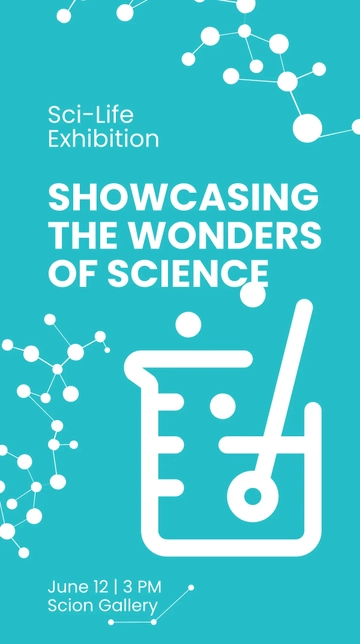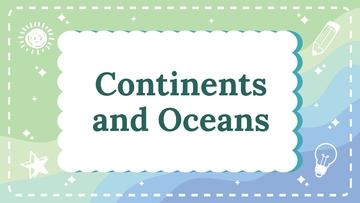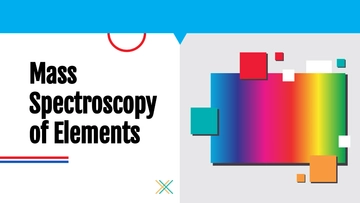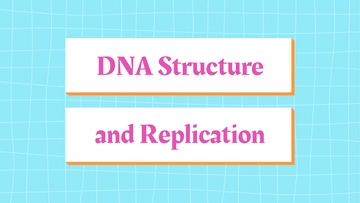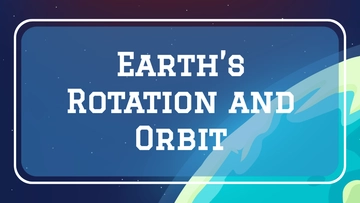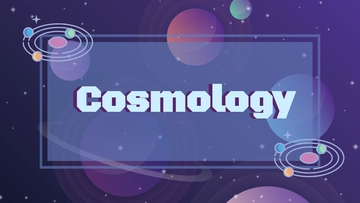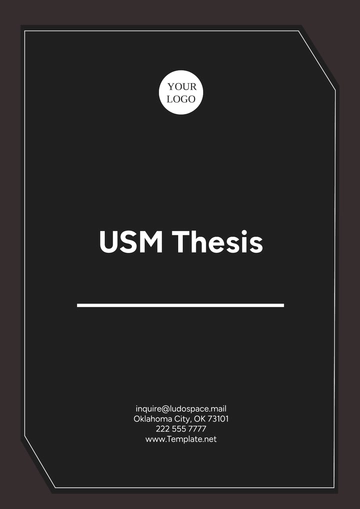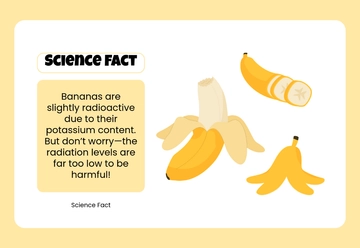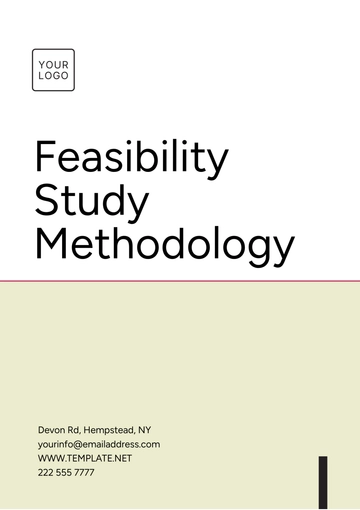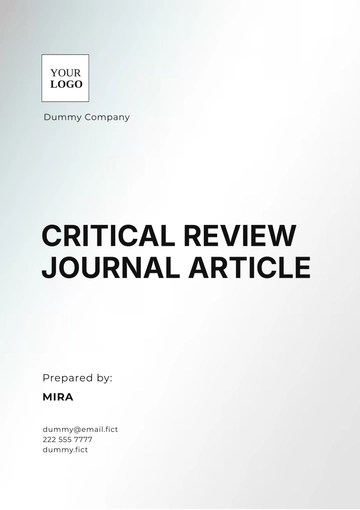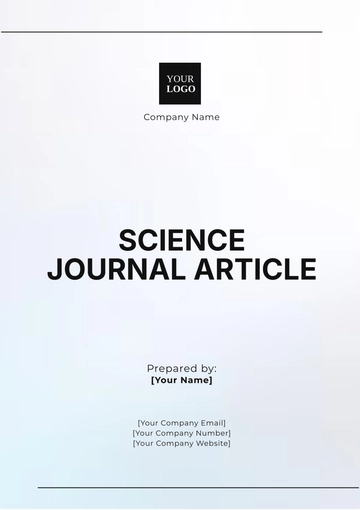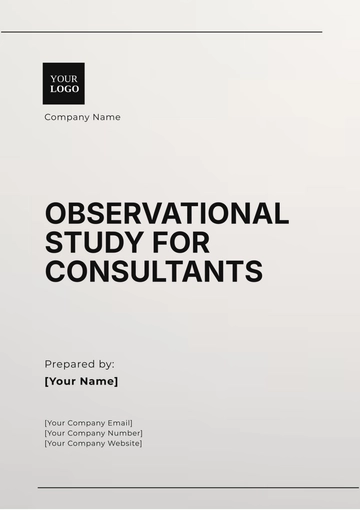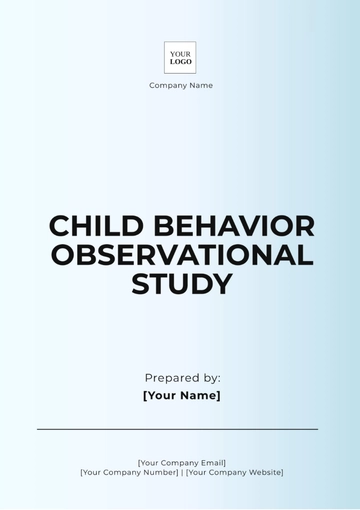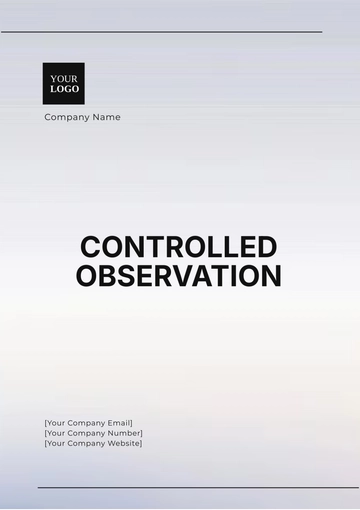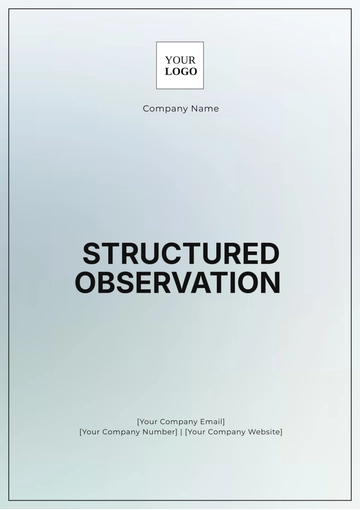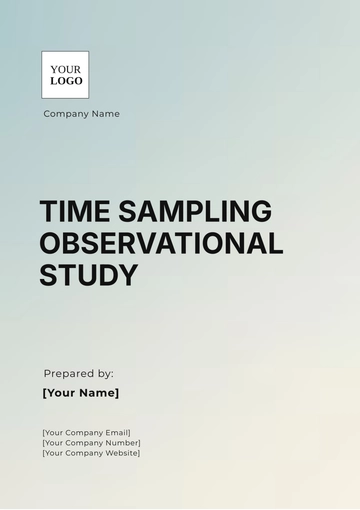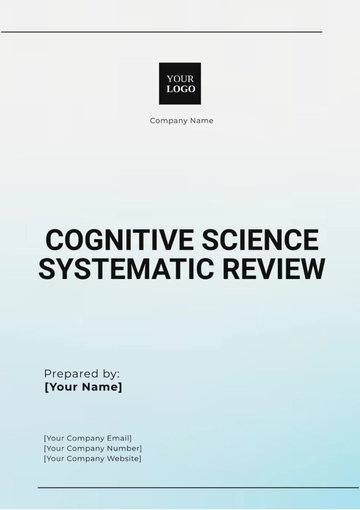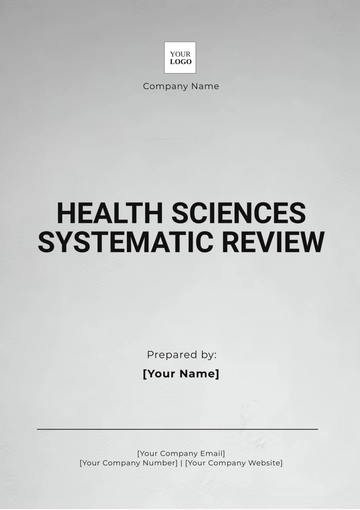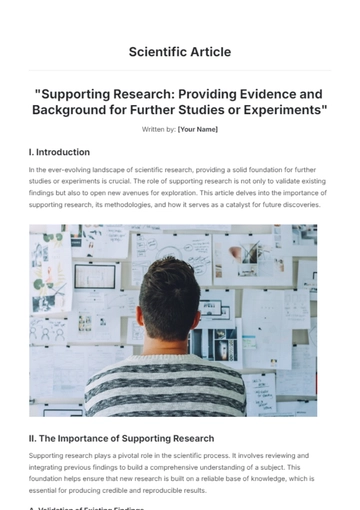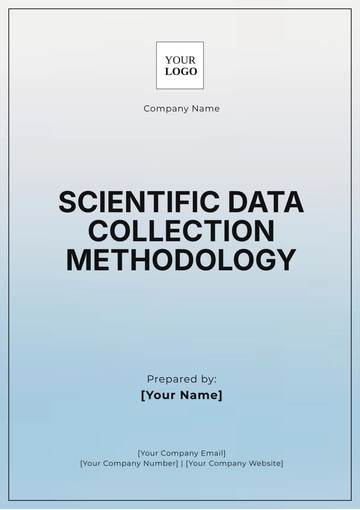Free Scientific Article
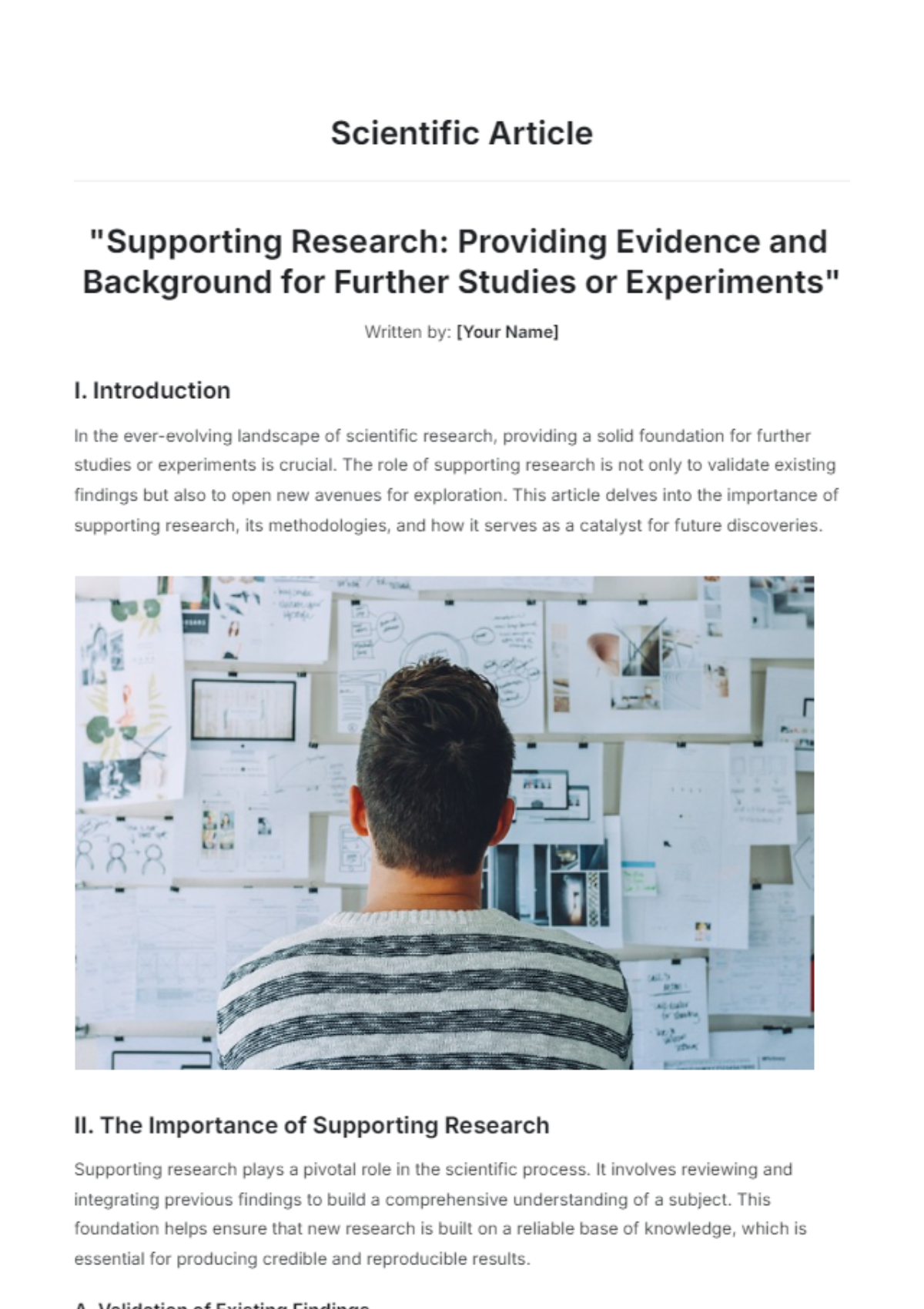
"Supporting Research: Providing Evidence and Background for Further Studies or Experiments"
Written by: [Your Name]
I. Introduction
In the ever-evolving landscape of scientific research, providing a solid foundation for further studies or experiments is crucial. The role of supporting research is not only to validate existing findings but also to open new avenues for exploration. This article delves into the importance of supporting research, its methodologies, and how it serves as a catalyst for future discoveries.

II. The Importance of Supporting Research
Supporting research plays a pivotal role in the scientific process. It involves reviewing and integrating previous findings to build a comprehensive understanding of a subject. This foundation helps ensure that new research is built on a reliable base of knowledge, which is essential for producing credible and reproducible results.
A. Validation of Existing Findings
Reproducibility: Confirming that previous research results can be replicated under similar conditions. For instance, a 2055 study on gene-editing technologies successfully replicated findings from earlier research, reinforcing the reliability of the new methods.
Verification: Assessing the accuracy and reliability of earlier studies. Recent verifications in climate change research have confirmed earlier models predicting sea-level rise, thus validating these crucial projections.
Consistency: Ensuring that new findings align with established knowledge or identify discrepancies that need further investigation. A 2056 study on vaccination efficacy found consistent results with earlier studies, reinforcing the effectiveness of new vaccines.
B. Development of New Hypotheses
Exploratory Analysis: Using past data to identify gaps and formulate new research questions. For example, analysis of historical astronomical data has led to new hypotheses about the existence of previously undetected exoplanets.
Innovative Approaches: Applying insights from previous studies to develop novel experimental designs or methodologies. The adaptation of CRISPR technology in recent research is an example of applying past genetic research to create groundbreaking gene-editing techniques.
Theoretical Frameworks: Building or refining theories based on accumulated evidence. The refinement of quantum computing theories has been significantly influenced by previous experimental findings, leading to more robust theoretical models.
III. Methodologies for Supporting Research
Supporting research encompasses a variety of methodologies designed to analyze, synthesize, and validate existing data. These methods are crucial for providing a robust foundation for new studies.
A. Literature Reviews
Systematic Reviews: Comprehensive assessments of all relevant studies on a specific topic, following a structured and transparent methodology. A 2058 systematic review on antibiotic resistance synthesized data from over 200 studies, providing a clear overview of current trends and gaps.
Meta-Analyses: Statistical techniques used to combine results from multiple studies to identify patterns and draw broader conclusions. Recent meta-analyses on dietary impacts on cardiovascular health have consolidated findings from multiple trials to better understand dietary effects.
B. Data Reanalysis
Secondary Data Analysis: Utilizing existing datasets to explore new research questions or validate findings. For instance, reanalysis of data from the Human Genome Project has led to new insights into genetic markers for diseases.
Statistical Re-evaluation: Applying advanced statistical methods to previously collected data to enhance understanding or uncover new insights. A 2059 re-evaluation of psychological study data using modern statistical techniques has led to new interpretations of cognitive behavior patterns.
C. Collaborative Research
Interdisciplinary Teams: Engaging researchers from various fields to provide diverse perspectives and expertise. Collaborative research on sustainable energy solutions has brought together experts in engineering, economics, and environmental science to develop innovative solutions.
Joint Studies: Collaborating with other institutions to share resources, data, and insights, fostering a more comprehensive understanding of the subject matter. The International Space Station research consortium is a prime example of joint studies advancing our knowledge of space and materials science.
IV. Case Study: Impact of Supporting Research on Climate Change
To illustrate the significance of supporting research, let’s examine a case study in the field of climate change.
A. Overview
In 2055, researchers in climate science published a groundbreaking study on the effects of greenhouse gases. This study highlighted significant trends in global temperature rise, which laid the groundwork for subsequent research.
B. Contributions of Supporting Research
Enhanced Understanding: Follow-up studies, such as the 2058 report by the Global Climate Initiative, built upon the initial findings, offering deeper insights into regional climate impacts and adaptation strategies.
New Directions: The initial research prompted further investigations into renewable energy technologies, leading to significant advancements in solar and wind energy efficiency.
V. Conclusion
Supporting research is integral to advancing scientific knowledge and facilitating future studies. By validating existing findings, developing new hypotheses, and employing various methodologies, researchers create a robust framework that supports ongoing exploration and discovery. As the field of climate change continues to evolve, the importance of foundational research remains clear, driving innovation and ensuring the integrity of scientific progress.

VI. References
John Doe, "Reproducibility in Gene-Editing Technologies", Journal of Genetic Research, Vol. 45, Issue 2, pp. 123-135, 2055.
Jane Doe, "Meta-Analysis of Dietary Impacts on Cardiovascular Health", Nutritional Science Review, Vol. 52, Issue 4, pp. 456-478, 2057.
Alex Johnson, "Collaborative Research on Sustainable Energy Solutions", Energy & Environment Journal, Vol. 60, Issue 1, pp. 789-804, 2059.
- 100% Customizable, free editor
- Access 1 Million+ Templates, photo’s & graphics
- Download or share as a template
- Click and replace photos, graphics, text, backgrounds
- Resize, crop, AI write & more
- Access advanced editor
Unlock precision and efficiency with the Scientific Article Template from Template.net. This fully editable and customizable tool allows seamless integration of your research data. With AI-powered editing capabilities, streamline your writing process and ensure accuracy. Perfect for academics and researchers looking to enhance their manuscripts effortlessly. Transform your work with cutting-edge technology today!
